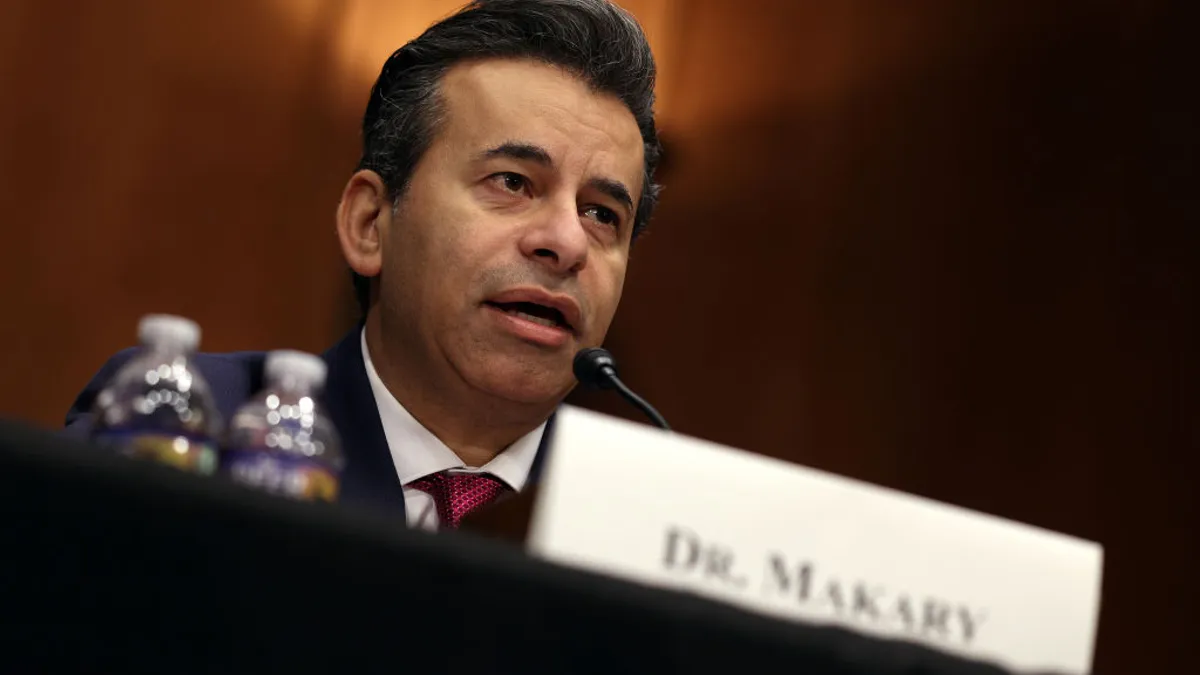The first quarter of 2020 was the slowest period for medtech IPOs in years, with just one company listing to raise $16 million. Activity picked up over the summer, when as many companies went public in one week as listed over the first five months of the year. The resurgence of activity was driven by one sector: Cancer testing.
AnPac Bio-Medical Science, a Sino-American cancer screening company, became the first medtech to list on Nasdaq this year in January but only after downsizing its offering and pricing at the bottom of its target range. The stock has fallen more than 60% since the IPO.
That marked the highpoint of the first quarter. With COVID-19 disrupting operations and roiling financial markets, no other medtech companies completed Nasdaq IPOs in the first quarter.
The tide turned in June when a flurry of cancer diagnostic companies went public. Buoyed by strong support from existing investors, Burning Rock, a Chinese cancer diagnostics company, priced an IPO above the target range. The next week, Genetron, another Chinese cancer testing business, smashed its target range and upsized its offering. Progenity, a U.S. provider of prenatal and cancer risk tests, priced its IPO at the midpoint of the range on the same day as Genetron listed.
Amid that activity, ArcherDX filed to raise $100 million to bring its tumor profiling test to market. The IPO was aborted when ArcherDX agreed to accept a cash-and-stock buyout bid from Invitae.
The cancer diagnostics sector was deprived of a showpiece 2020 IPO when Illumina made an offer to buy Grail weeks after the screening business filed to go public. The takeover is yet to close but as it stands Grail is set to rejoin its parent company rather than list on Nasdaq.
The cancer testing companies that did go public have had mixed fortunes. As it stands, Burning Rock’s stock has fared best, typically trading around $10 above its $16.50 offering price. The stock closed last week at $26.50. Genetron, in contrast, has rarely traded close to its $16 offering price and closed last week at $11.51. Progenity has had a similar experience, pricing at $15 but spending most of its time on public markets below $10.
Companies remain interested in going public, though. Earlier this month, Biodesix filed to raise $75 million to support commercialization of a roster of blood-based tests designed to assess the risk of lung cancer and measure tumor mutations and assess the patient’s immune system after a diagnosis. Biodesix also provides COVID-19 molecular and serology tests.
Non-cancer medtech IPOs accelerate
The rhythm of IPOs in the broader medtech industry in 2020 has followed a similar pattern to that of the cancer testing niche. Lyra Therapeutics became the first medtech company to list on Nasdaq in 2020 at the start of May, when it raised $56 million to develop products based on its bioresorbable polymeric matrix technology.
Venous disease specialist Inari Medical pulled off an upsized IPO later in May and was joined on Nasdaq by kidney disease diagnostic player RenalytixAI in July. Acutus Medical priced its IPO in August, securing $159 million to support work on the diagnosis and treatment of cardiac arrhythmias.
The trickle of IPO activity seen over the summer accelerated significantly as the fall approached. Portable dialysis startup Outset Medical raised $242 million in September, after which Pulmonx and Aziyo Biologics priced IPOs in quick succession. Among those offerings, digital health startup G Medical Innovations and spinal surgery player Spine Elements set their target ranges.
With most of the non-cancer medtech IPOs happening in the past 10 weeks, there is a limited set of data to assess how companies are faring on public markets. As it stands, Lyra, RenalytixAI and Aziyo are trading between 12% and 26% below their IPO prices. The other four companies are well above their IPO prices.
Inari is leading the way, having seen its share price soar 281% in its short time on public markets, and Pulmonx is in second following its 122% increase. Outset Medical and Acutus are up 57% and 68%, respectively.
There is little that links the early winners of the medtech IPO class of 2020. Outset Medical sells a portable dialysis machine that is now cleared for home use, positioning the company to benefit from the anticipated shift away from in-center treatment that market leader Fresenius Medical Care talked about last week. Yet, Inari, Pulmonx and Acutus are all active in areas that have been negatively affected by the pandemic.
The presence of a pool of medtech companies that have found public investors receptive to their pitches has implications for the broader industry. Consultancy EY recently predicted a surge in M&A, in part due to the waning of IPOs as a viable way to raise money and provide an exit for private investors. If private medtech companies think they can go the IPO route, they may be less receptive to buyout bids from larger players.


















